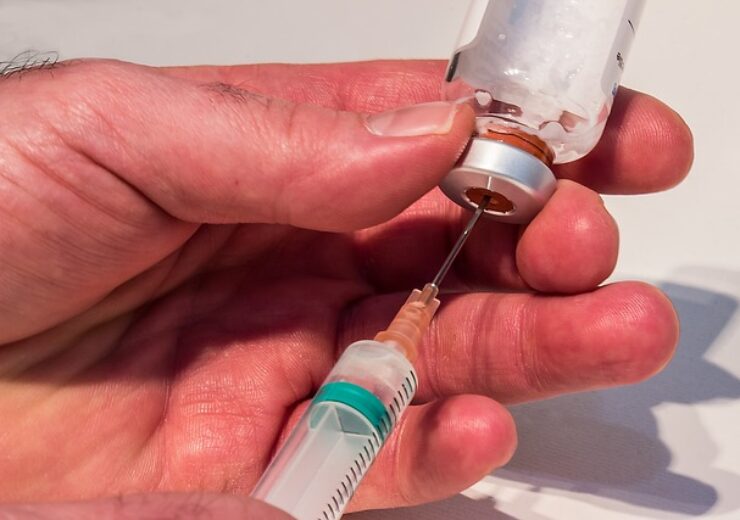Through the acquisition, Roche will get access to Carmot’s portfolio of incretins, including its lead asset CT-388, along with Carmot’s chemotype evolution discovery platform to further strengthen its cardiovascular and metabolic diseases portfolio

Carmot has a portfolio of subcutaneous and oral incretins. (Credit: Myriams-Fotos from Pixabay)
Swiss pharmaceutical firm Roche has agreed to acquire Carmot Therapeutics, a US-based biotechnology company focused on therapeutics for people living with metabolic diseases.
Under the terms of the merger agreement, the US-based drugmaker will receive an upfront payment of $2.7bn, along with milestone payments of up to $400m.
Carmot has a portfolio of clinical-stage subcutaneous and oral incretins with the potential to treat obesity in patients with and without diabetes, along with other preclinical programmes.
Through the acquisition, Roche will get access to Carmot’s portfolio of incretins, including its lead asset CT-388, which is currently Phase-2 ready, along with CT-996, and CT-868.
The acquisition is expected to be completed in the first quarter of 2024, subject to customary closing conditions including the expiration of the waiting period under the Hart-Scott-Rodino Act.
Upon closing, Roche will also have exclusive access to Carmot’s chemotype evolution discovery platform to further strengthen its cardiovascular and metabolic diseases portfolio.
Roche Group CEO Thomas Schinecker said: “Obesity is a heterogeneous disease, which contributes to many other diseases that together comprise a significant health burden worldwide.
“By combining Carmot’s portfolio with programs in our Pharmaceuticals pipeline and our Diagnostics expertise and portfolio of products across cardiovascular and metabolic diseases, we are aiming to improve the standard of care and positively impact patients’ lives.”
Carmot’s lead asset CT-388 is a dual GLP-1/GIP receptor agonist intended for the treatment of obesity in patients with and without type 2 diabetes.
Injected subcutaneously once a week, the drug has the potential as a standalone and combination therapy to improve weight loss and can be expanded to other indications.
The CT-996 is an oral, small molecule GLP-1 receptor agonist currently in Phase-1 development to treat obesity in patients with and without type 2 diabetes.
The CT-868, is a Phase-2, once-daily subcutaneous injectable, dual GLP-1/GIP receptor agonist intended for the treatment of type 1 diabetes patients with overweight or obesity.
Carmot’s assets would provide an opportunity for combinations with existing Roche pipeline assets including ones focused on other benefits, such as preserving muscle mass.
Roche chief medical officer and global product development head Levi Garraway said: “We are encouraged by the clinical data for the lead asset CT-388, which demonstrated substantial weight loss in Phase 1b.
“These data suggest the potential for a differentiated profile to treat obesity and its associated diseases.
“The broad Carmot portfolio offers different routes of administration and opportunities to develop combination therapies that treat obesity and potentially other indications.”
